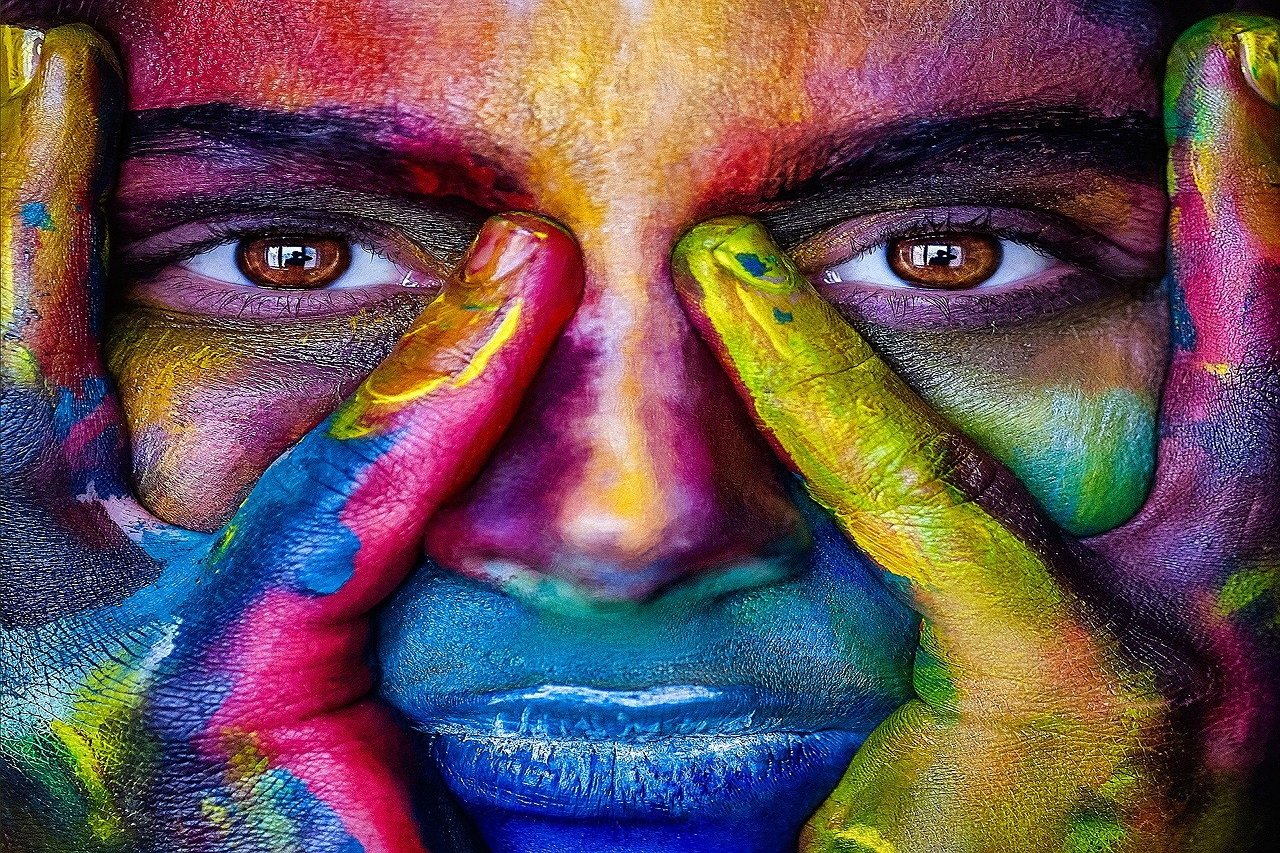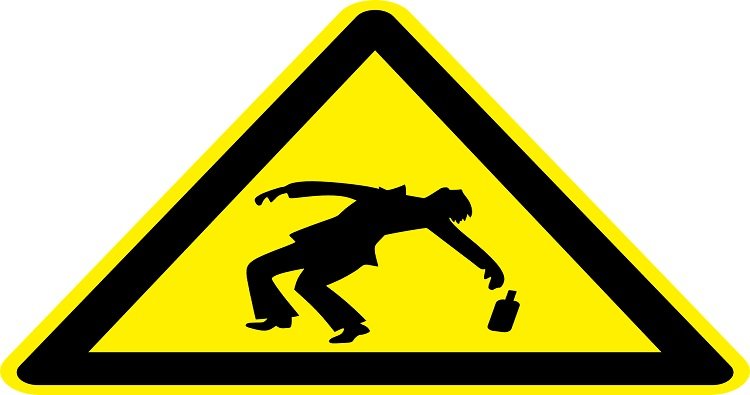- + 91 9958444373
- Malviya Road Dehradun, UK, India.
Blogs detail

UNDERSTANDING PERSONALITY
- 2020-07-05
Personality is a vital part of everyone’s daily life. We often get to listen about one’s personality here and then but very few know what personality really is. Personality is one’s way of thinking, feeling, and behaving. Very few people accept that they are suffering from any form of personality disorder and its importance to be diagnosed and treated.
Let us understand in detail about Personality Disorders
PERSONALITY DISORDER
A personality disorder is a way of thinking, feeling, and behaving that deviates from the expectations of the culture, causes distress or problems functioning, and lasts over time. The personality of an individual may be influenced by experiences, environment (surroundings, life situations) and inherited characteristics. These may result in significant problems and limitations with relationships, social activities, work, and school.
Personality disorders are inflexible and common over many circumstances due to the real behaviour like this may be acceptable to the self and are perceived to be proper by that individual. This type of behaviour may result in maladaptive skill management and lead to personal problems that produce extreme anxiety, distress, or depression. These behaviour patterns are found in adolescence, the beginning of adulthood or in childhood and often have a negative impact on the wellbeing of the individual.
TYPES OF PERSONALITY DISORDER
As per the Diagnostic Statistical Manual-5 (DSM-5), there are 10 types of personality disorder, which are
Paranoid Personality Disorder
Paranoid Personality Disorder is a type of eccentric personality disorder which shows that the person’s behaviour could be odd or unusual to others. A person with paranoid personality behaviour becomes suspicious of other people. Begins to mistrust the motives of others and suspects that others want to harm him in any way possible.
Schizoid Personality Disorder
A schizoid personality disorder is one uncommon condition in which people tend to avoid social activities and usually shy away from interacting with others. Such people express their emotions in a restricted manner.
Schizotypal Personality Disorder
Schizotypal personality disorder or schizotypal disorder is a mental disorder characterized by severe social anxiety, thought disorder, paranoid ideation, derealization, transient psychosis, and often unconventional beliefs.
Antisocial Personality Disorder
Antisocial Personality Disorder is a mental disorder in which a person expresses no regard for what is right and wrong and disregards the rights and feelings of other people. People with antisocial personality disorder tend to annoy, exploit, and treat others harshly or cold-heartedly. People with antisocial personality disorder have no guilt for their behaviour.
Borderline Personality Disorder
A borderline personality disorder is a mental disorder that influences the way an individual thinks and feel about themselves and other people, this leads to causing problems in daily functioning. This disorder makes up of self-image issues, difficulty in emotion and behaviour management, and instability in relationships.
Histrionic Personality Disorder
A histrionic personality disorder is defined as a personality disorder which is distinguished by a pattern of attention-seeking behaviour. This personality disorder begins in early adulthood and includes inappropriate seduction and an uncontrolled need for approval.
Narcissistic Personality Disorder
Narcissistic Personality Disorder is a type of mental condition in which people have an unrealistic feeling for their own importance, they wish for both excessive attention and admiration, they have troubled relationships and have a lack of empathy for others.
Avoidant Personality Disorder
An avoidant personality disorder is a personality disorder which is appointed by feelings of extreme social inhibition, inefficiency. The person facing avoidant personality Disorder is sensitive to negative appreciation and rejection.
Dependent Personality Disorder
Dependent Personality Disorder is that mental disorder in which the person becomes helpless, submissive, he holds a need to be taken care of and requires constant reassurance, and is unable to make necessary decisions.
Obsessive-Compulsive Personality Disorder
Obsessive-compulsive disorder is a mental disorder in which a person feels the need to perform certain routines repeatedly (called "compulsions"), or has certain thoughts repeatedly (called "obsessions"). The person is unable to control either the thoughts or activities for more than a brief period.
PERSONALITY DISORDER SYMPTOMS
Although every personality disorder has its own criteria, all of them do have common symptoms as well
Chronic interpersonal difficulties
Sense of self or self-identity problems occur
Inability to function in the society
Symptoms of the disorders
- People diagnosed with Paranoid, Schizoid and Schizotypal Personality Disorders are odd and behave unusually along with social detachment, suspiciousness, and distrust
- People diagnosed with Histrionic, Narcissistic, Antisocial and Borderline Personality Disorders tend to become dramatic, emotional, and unpredictable
- People diagnosed with Avoidant, Dependent and Obsessive-Compulsive Personality Disorders often show symptoms of anxiety and fearfulness
PERSONALITY DISORDERS DIAGNOSIS
Personality disorders can be diagnosed by Clinical Psychologists, Mental Health Care Professionals, or a Psychiatrist. For the diagnosis of the Personality Disorders, the clinicians may take a semi-structured interview of the client or diagnose the disorder with the help of self-report inventories.
PERSONALITY DISORDERS TREATMENT
Personality disorders can be treated by Psychotherapy also known as talk therapy. To control the symptoms of the disorders the clinicians may prescribe anti-depressants, mood stabilizers, anti-anxiety medications or antipsychotic medications.
Contact now
We are a group of health professionals, including Psychologists, Clinical psychologist, Rehabilitation Psychologist, Counsellors, Mindfulness Experts and Social Workers. We are working since 2018 in India to foster mental health.
Contact Us
recent blogs
-

SADNESS AND DEPRESSION ARE DIFFERENT!
2020-06-16 -

ALCOHOL USE DISORDER (AUD)
2020-06-19 -

SEASONAL AFFECTIVE DISORDER (SAD)
2020-06-12 -

UNDERSTANDING MINDFULNESS MEDITATION
2020-06-03 -

BURDEN OF DEPRESSION
2020-06-17







